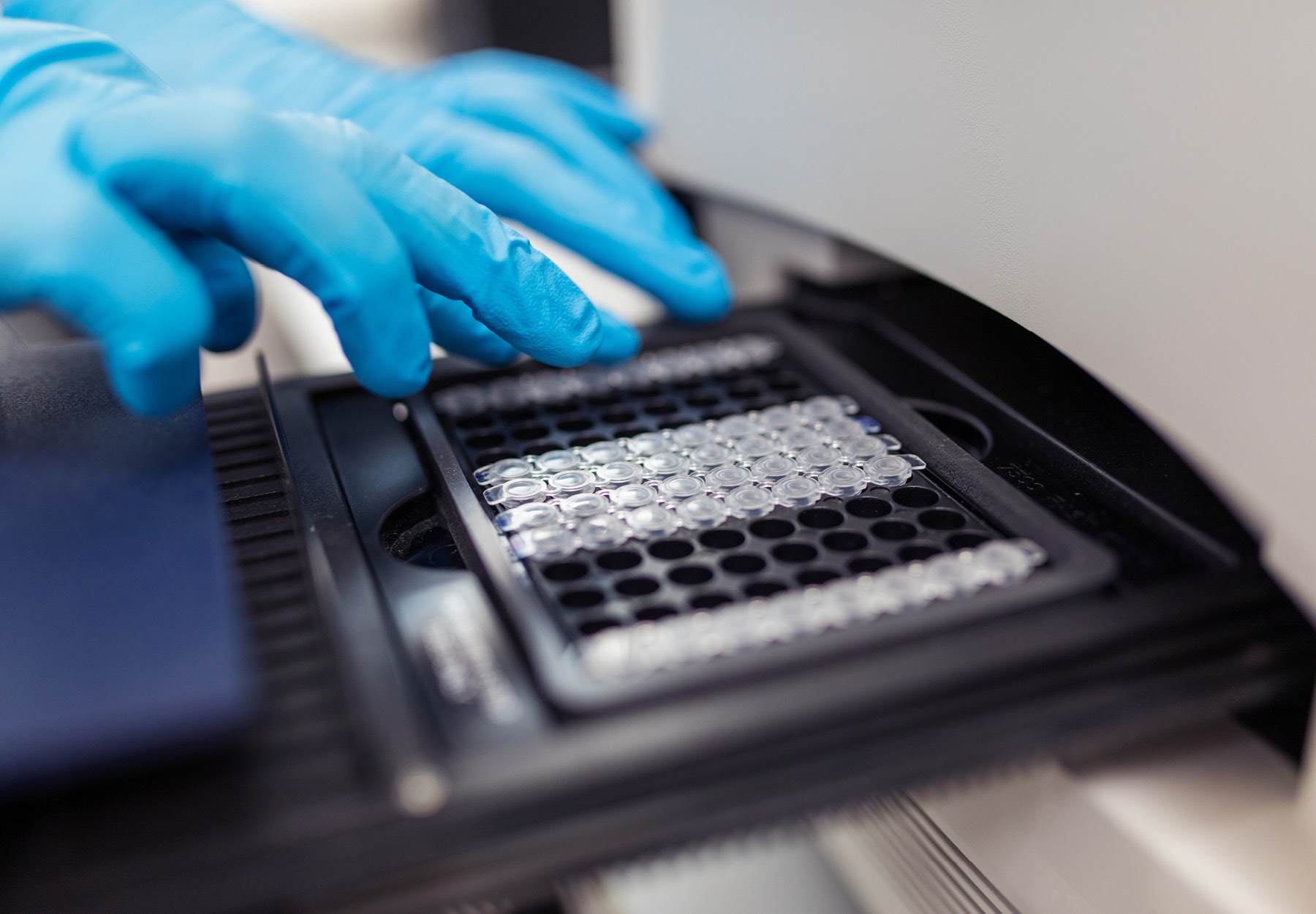FDA Reopens EUA & Immediate EUA-Less Use Pipelines for Monkeypox Tests
Despite lessons learned from COVID-19 testing, HHS and FDA plan for monkeypox testing remains flawed.

The U.S. Department of Health and Human Services (HHS) and Food and Drug Administration (FDA) are pretty much back in the same position they were in at the start of 2020 when the COVID-19 pandemic began. Like SARS-CoV-2, the virus causing the current monkeypox outbreak was previously unknown, meaning that there were no in vitro laboratory tests designed to detect it when the outbreak began. As a result, HHS and FDA must once again ensure that new tests are quickly developed and distributed.
The good news is that, having gone through COVID-19, the agencies may be better prepared to tackle the monkeypox challenge. The bad news is that the initial monkeypox testing response seems to have come directly out of the COVID-19 playbook, potentially repeating the mistakes of the past. Here’s what it means for clinical labs:
1. Reopening the EUA Pipeline
Securing FDA approval for a new laboratory test is typically a lengthy process requiring clinical studies that demonstrate a product’s safety and effectiveness. While there are also pathways to accelerate approval, the system is ill-suited for public health emergencies that involve new and previously unknown diseases requiring a rapid government response. Accordingly, section 564 of the Federal Food, Drug, and Cosmetic Act includes a provision giving the HHS Secretary authority to allow the FDA to authorize use of unapproved medical products during a public health emergency (PHE).
HHS resorted to section 564 almost immediately after the coronavirus PHE was declared, paving the way for hundreds of COVID-19 diagnostic products to reach the US market. On Aug. 4, HHS declared a PHE for monkeypox. And unsurprisingly, on Sept. 7, the agency once again used section 564 for monkeypox testing.
In a Sept. 7 HHS press release, HHS Secretary Xavier Becerra described the action as “an important step forward in our monkeypox response” designed to speed up “development of more validated monkeypox tests and expand access to testing.”
How does this impact clinical labs? Laboratories and other producers of monkeypox tests and diagnostics products will be able to secure EUA clearance from the FDA if they can demonstrate (among other things) the following:
- The product may be effective in diagnosing, treating, or preventing monkeypox.
- The known and potential benefits of the product outweigh its known and potential risks.
- There’s currently no adequate, approved, and available alternative to the product for diagnosing, preventing, or treating monkeypox.
2. Clearance of Serology & Antigen Tests without EUA
On the same day that HHS announced that it was allowing EUA clearance for monkeypox tests, the FDA issued a guidance outlining how it intends to exercise its new authority. As with COVID-19 products, the agency will assign first priority for EUA review to submissions from “experienced developers with high manufacturing capacity” for high-throughput tests where samples can be collected at home, as well as rapid antigen tests.
Surprisingly, the FDA is also relaxing regulatory requirements for laboratory developed serology and antigen tests used by labs and used without EUA, provided that test makers “appropriately validate” and laboratories notify the agency that they are using the test within 30 days of making the product available.
Quest Snares First EUA for Monkeypox Test
The use-now-and-get-permission-later approach for monkeypox mirrors what the agency did at the start of the last PHE in allowing serology antibody and other non-molecular COVID-19 tests to reach the market without first completing EUA review. In the case of COVID-19, with the agency’s guard down, dozens of junk tests were able to penetrate the US market. The FDA quickly corrected what FDA officials later acknowledged in a New England Journal of Medicine article as a flawed policy, cracking down on dubious tests, tightening review and product standards, and promising not to repeat the mistake when responding to future PHEs.
Unfortunately, it looks like the FDA is taking the same approach this time around. However, the agency denies that this is a carbon copy of what happened during COVID-19, as the relaxation of EUA clearance requirements only applies to monkeypox antibody tests developed and performed by CLIA-certified laboratories operating under academic medical centers, and only as long as test results are used alongside other diagnostics for direct medical care of patients.
According to the Sept. 7 FDA guidance, “this should mitigate the potential misuse of monkeypox serology test results while also fostering research from availability of data from serology testing of patients.” Only time will tell if this is true.
Here are some of the key new FDA EUAs and clearances that were announced from late August through mid-September 2022:
New FDA Emergency Use Authorizations (EUAs) & Approvals
Subscribe to Clinical Diagnostics Insider to view
Start a Free Trial for immediate access to this article